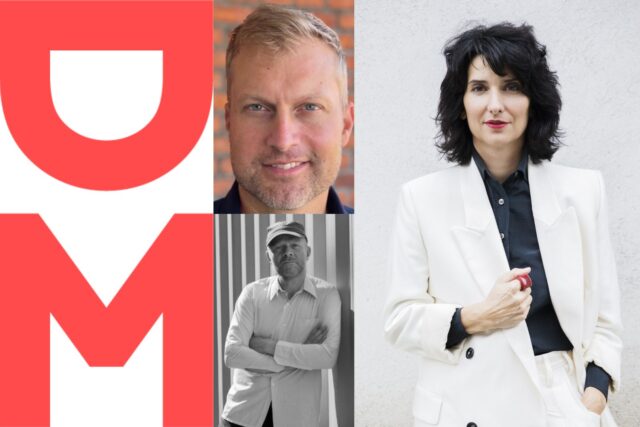Denmark deserves art and culture with respect for arm's length

Together with colleagues from other organisations, Sara Indrio, chairperson of the Danish Artist Association, is behind a chronicle published in Sjællandske Nyheder, which makes a clear call to the country's politicians: Respect the arm's length principle to ensure democracy, art and culture.
This comes in the wake of local politicians trying to influence or sanction artistic decisions they disagree with politically. This includes cases in Næstved and Roskilde municipalities, where performing artists and statements from the stage have triggered threats to remove municipal subsidies for cultural events.
This development is a clear break with the arm's length that has ensured a free and independent cultural life in Denmark for decades.
"The arm's length principle is a prerequisite for art and culture to exist independently of shifting political majorities. Without arm's length, we risk political power determining what can be said, shown and thought," the article reads.
When criticism becomes control
Art and culture should lead to discussion and criticism. But it's a problem when politicians use their position to penalise artistic expression they disagree with politically - for example by threatening the finances of cultural institutions.
This directly contradicts the professional and artistic freedom that should be the basis of any publicly supported artistic endeavour.
Culture as democratic infrastructure
The organisations behind the article are all dedicated to cultural institutions being places where many perspectives can meet freely. This requires that artists and cultural workers can make choices based on their professionalism, not on the political preferences of, for example, a local council.
Free cultural life creates experiences, debate and new understandings of society. It is precisely this open, critical function that politicians weaken if they do not respect arm's length.
Room for the challenging
The authors emphasise that a healthy cultural life must include both the popular and the controversial. A diverse range of art requires artists to be able to take risks and ask questions - even when it challenges the prevailing political currents.
When publicly supported culture begins to be filtered by political acceptance, art loses its role as a democratic counterpoint. It is therefore crucial, the organisations write, that politicians respect the autonomy of art: not for the sake of art alone, but for the sake of democracy.
Therefore, the chronicle concludes with a direct message to candidates and voters: respect for the free space of art and culture should be high on the agenda before, during and after municipal elections.
You can find the feature article here.

